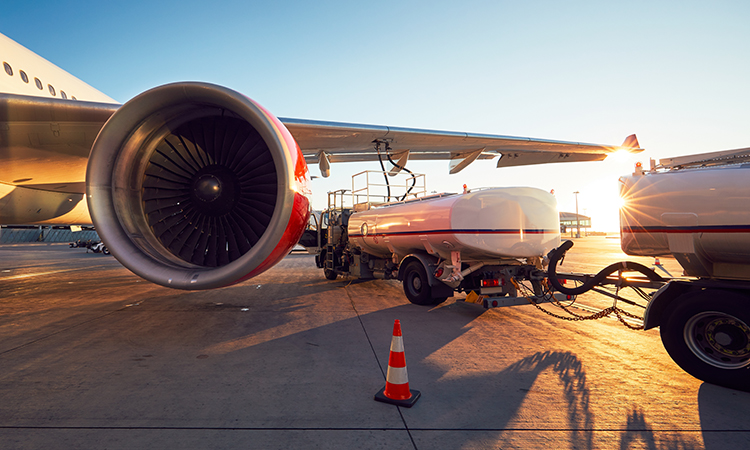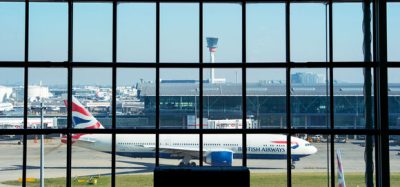Port of Seattle publishes new analysis on production of sustainable aviation fuel
- Like
- Digg
- Del
- Tumblr
- VKontakte
- Buffer
- Love This
- Odnoklassniki
- Meneame
- Blogger
- Amazon
- Yahoo Mail
- Gmail
- AOL
- Newsvine
- HackerNews
- Evernote
- MySpace
- Mail.ru
- Viadeo
- Line
- Comments
- Yummly
- SMS
- Viber
- Telegram
- Subscribe
- Skype
- Facebook Messenger
- Kakao
- LiveJournal
- Yammer
- Edgar
- Fintel
- Mix
- Instapaper
- Copy Link
Posted: 23 October 2020 | International Airport Review | No comments yet
The analysis has found the potential to produce enough sustainable aviation fuel to exceed the goal to offer a 10 per cent SAF jet fuel blend at Seattle-Tacoma International Airport by 2028.


New analysis by Washington State University and the Port of Seattle has confirmed that there is enough available forest residuals and municipal solid waste to produce up to 220 to 290 million gallons of sustainable aviation fuel (SAF) per year in the Pacific Northwest.
That would be enough fuel to exceed the Port of Seattle’s goal to offer a 10 per cent SAF jet fuel blend at Seattle-Tacoma International Airport (SEA) by 2028. Offering a 10 per cent SAF blend would help the airport, Washington state and the aviation industry meet emissions goals.
Compared to fossil fuels, SAF emits 50 to 80 per cent fewer carbon emissions, as well as reducing sulphur emissions, soot and ultra-fine particulates. These pollutants negatively impact the health of communities and the environment.
Port of Seattle Commissioner, Fred Felleman, said: “This is an urgent time for the climate and our community’s health, and the solutions are at hand. The Port studied the infrastructure, the financing models and now the availability of raw feedstock supply for converting to low-carbon fuel. All we need now is the policy incentive to develop a Northwest low-carbon fuel manufacturing sector.”
The report, which examined supply chain and economic models for Washington, Oregon, Idaho and Montana, compared the potential prices of fuels produced using oilseeds and fats/oils/grease (FOGs), forest residuals and municipal solid waste. While the cost for low-carbon fuels would be higher than conventional jet fuel, financial incentives – like a statewide low carbon fuel standard – has been shown to help achieve price parity with petroleum jet fuels.
The Port formally released the study at the 2020 Clean Fuel Forum, which convened industry experts and policy leaders to examine how low-carbon fuel production developments in other states sets an example for how Washington can create similar policy incentives, such as a low carbon fuel standard.
Ryan Calkins, Port of Seattle Commissioner, said: “A low carbon fuel standard addresses the most urgent crisis in our community today: Air quality for communities closest to transportation impacts, the need for economic investment at a time we need to grow jobs and a long-term strategy for climate-friendly transportation. We cannot afford to wait.”
Related topics
Aircraft, Airside operations, Emissions, Sustainability, Sustainable Aviation Fuel (SAF), Sustainable development


















